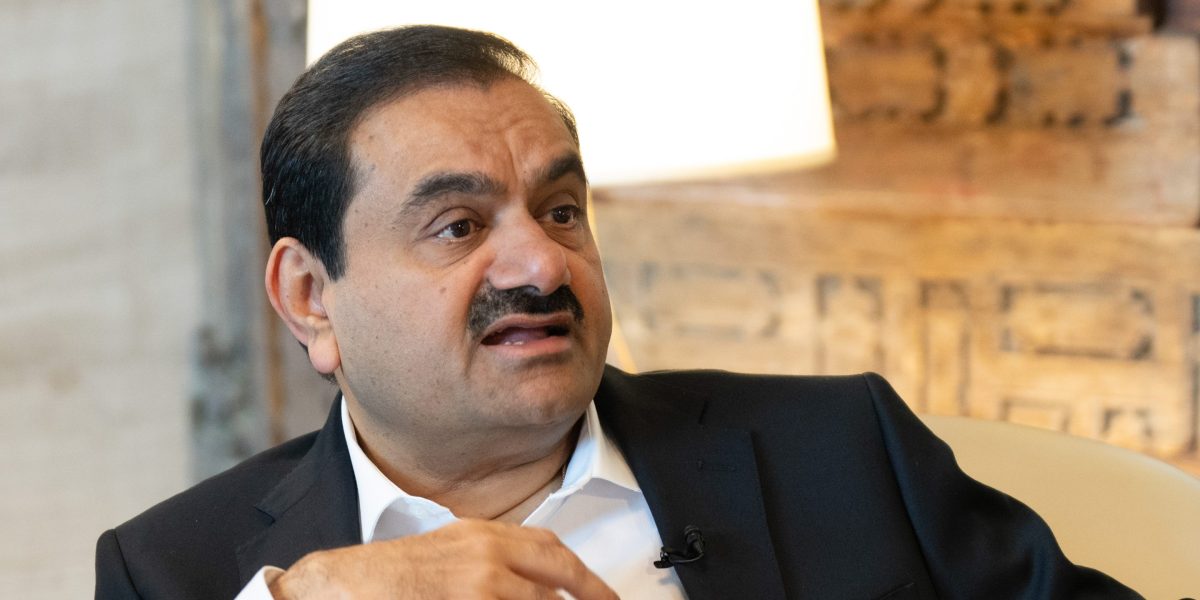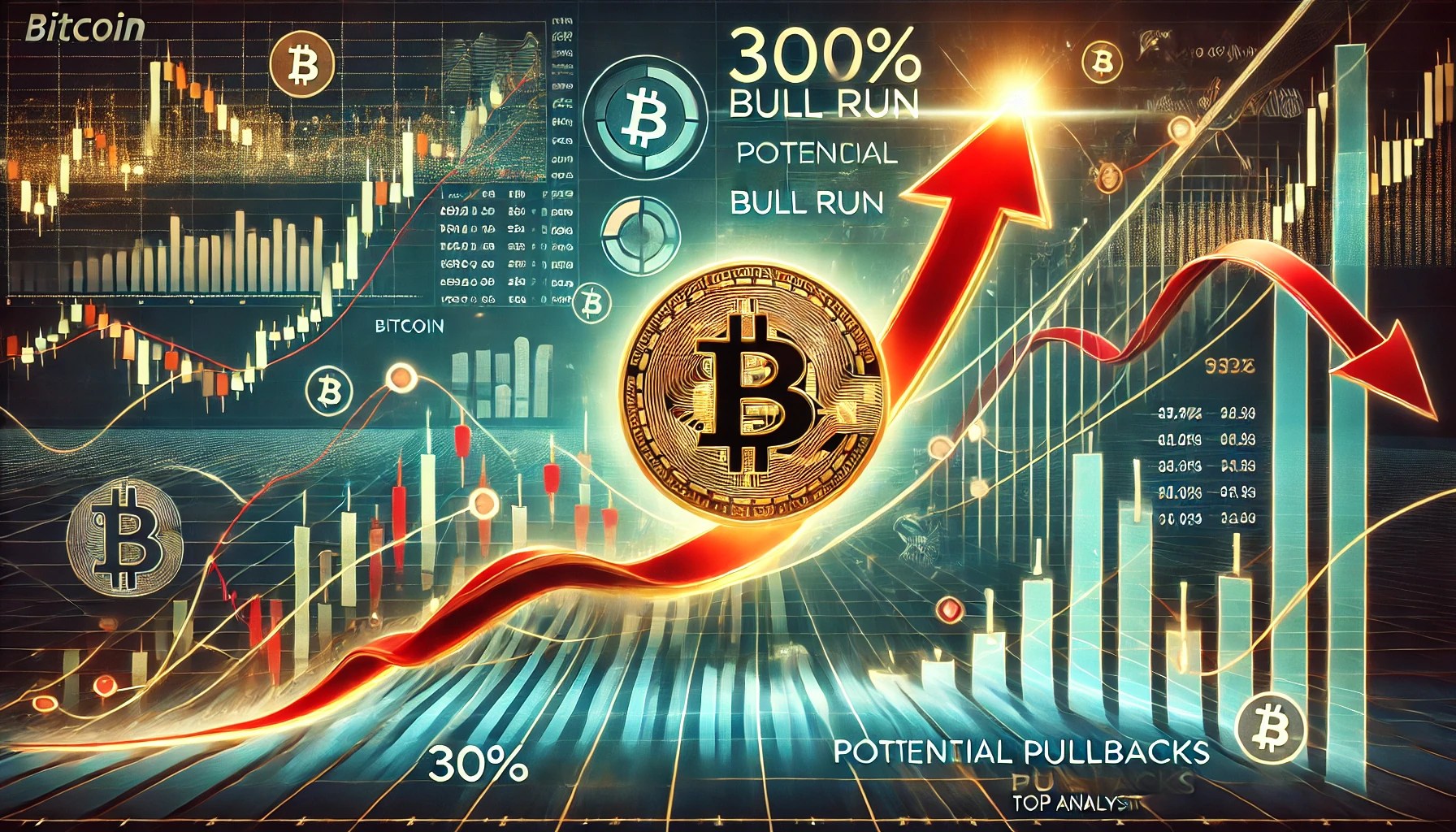

India’s Adani Group conglomerate said Wednesday it had lost almost $55 billion in a stock market rout since U.S. prosecutors last week accused its founder and other officials of fraud.
The Nov. 20 bombshell indictment in New York accused billionaire industrialist founder Gautam Adani and multiple subordinates of deliberately misleading international investors as part of a bribery scheme.
It said they had “devised a scheme to offer, authorise, make and promise to make bribes payments to Indian government officials.”
The firm, which denies the charges, said in a statement on Wednesday: “Since the intimation of the U.S. DoJ (Department of Justice) indictment, the group has suffered a loss of near $55 billion in its market capitalisation across its 11 listed companies.”
Gautam Adani, 62, is suspected of having participated in the $250 million scheme in bribes to secure lucrative government contracts.
Adani Group issued a stiff denial, describing the charges as “baseless,” but it triggered a heavy sell-off of Adani stocks in Mumbai last week, with multiple trading halts.
Stocks in Adani Enterprises rose 1.8% on Wednesday, but the group’s key firm has lost more than 20% of its market capitalisation since the indictment was released.
A statement on Wednesday said Adani officials are “only charged” with securities fraud, wire fraud conspiracy and securities fraud. It denies all the charges.
It said it was “incorrect” to say that either Gautam Adani or his nephew Sagar Adani had been charged with bribery or corruption.
Adani is a close ally of Hindu nationalist Prime Minister Narendra Modi and was at one point the world’s second-richest man, and critics have long accused him of improperly benefitting from their relationship.
‘Significant repercussions’
The group said the action had led to “significant repercussions,” including “international project cancellations, financial market impact and sudden examination from strategic partners, investors and the public”.
That included in Kenya, where President William Ruto said the Adani Group would no longer be involved in plans to expand the East African country’s electricity network and its main airport.
The Adani Group was to invest $1.85 billion in Jomo Kenyatta airport and $736 million in state-owned utility KETRACO.
Sri Lanka has opened an investigation into the local investments of the group, including a $442 million wind power deal and an Adani-led deep-sea port terminal in Colombo, which is estimated to cost more than $700 million.
With a business empire spanning coal, airports, cement and media, Adani Group has weathered previous corporate fraud allegations and suffered a similar stock rout last year.
The conglomerate saw $150 billion wiped from its market value in 2023 after a report by short-seller Hindenburg Research accused it of “brazen” corporate fraud.
Adani denied Hindenburg’s allegations and called its report a “deliberate attempt” to damage its image for the benefit of short-sellers.
Adani Group’s rapid expansion into capital-intensive businesses has raised alarms in the past, with Fitch subsidiary and market researcher CreditSights in 2022 warning it was “deeply over-leveraged.”
Adani, who was born to a middle-class family in Ahmedabad, Gujarat state, dropped out of school at 16 and moved to Mumbai to find work in the financial capital’s lucrative gem trade.
After a short stint in his brother’s plastics business, he launched the flagship family conglomerate that bears his name in 1988 by branching out into the export trade.















